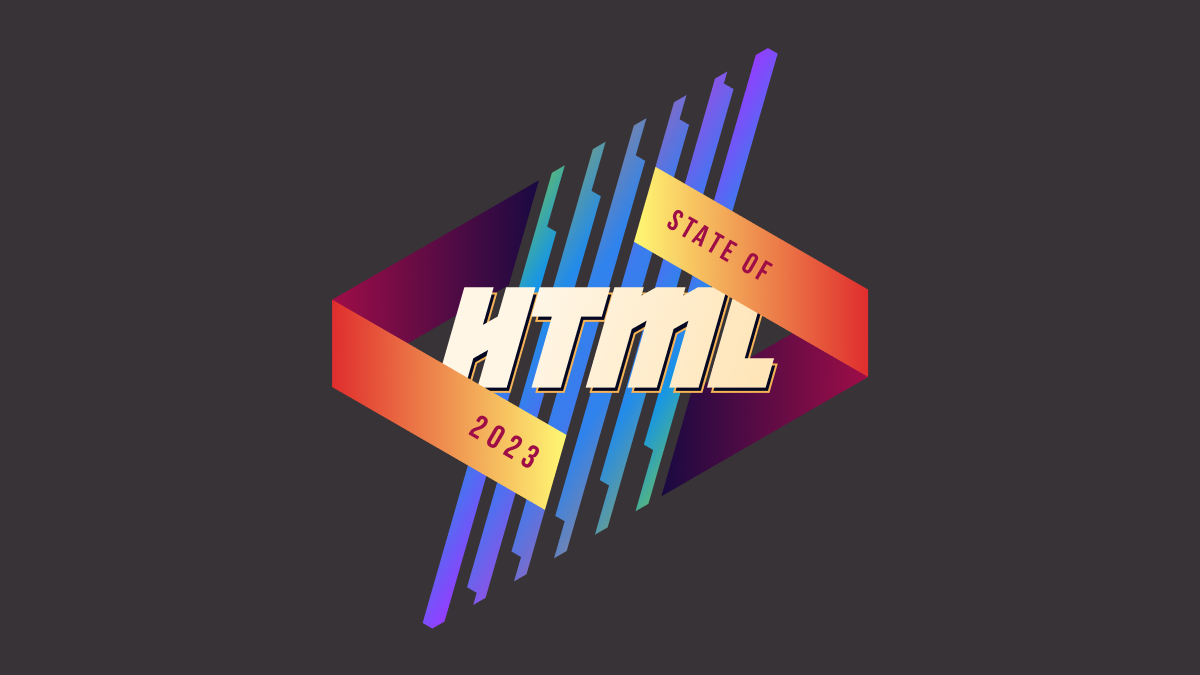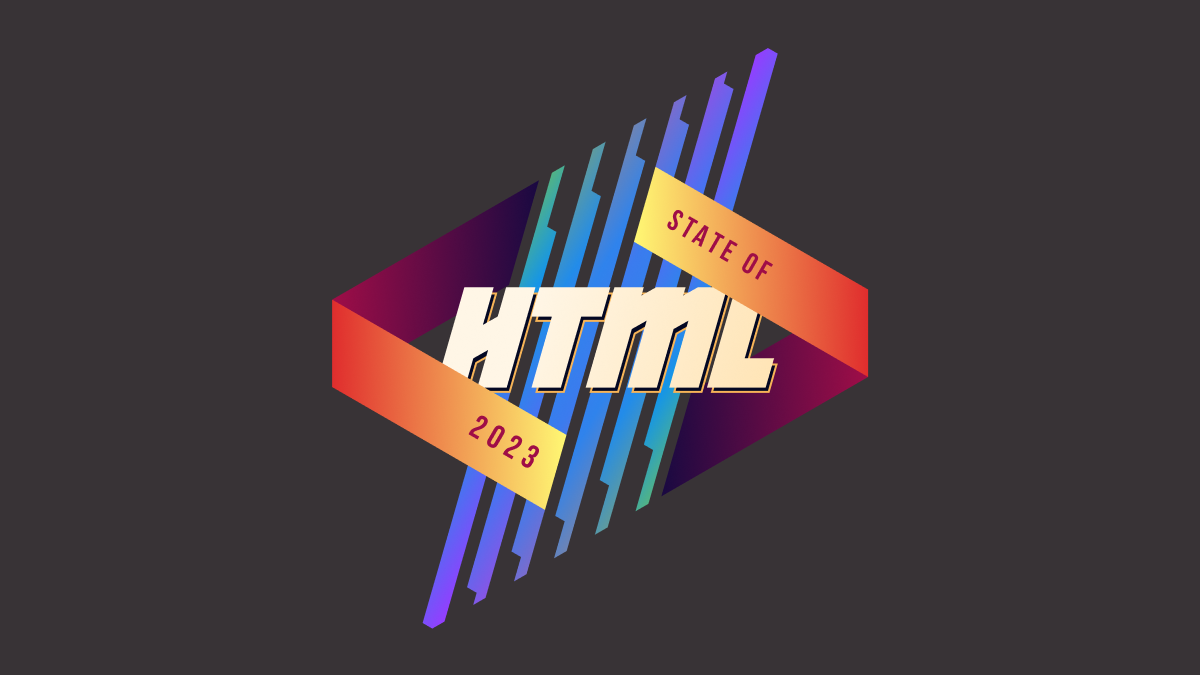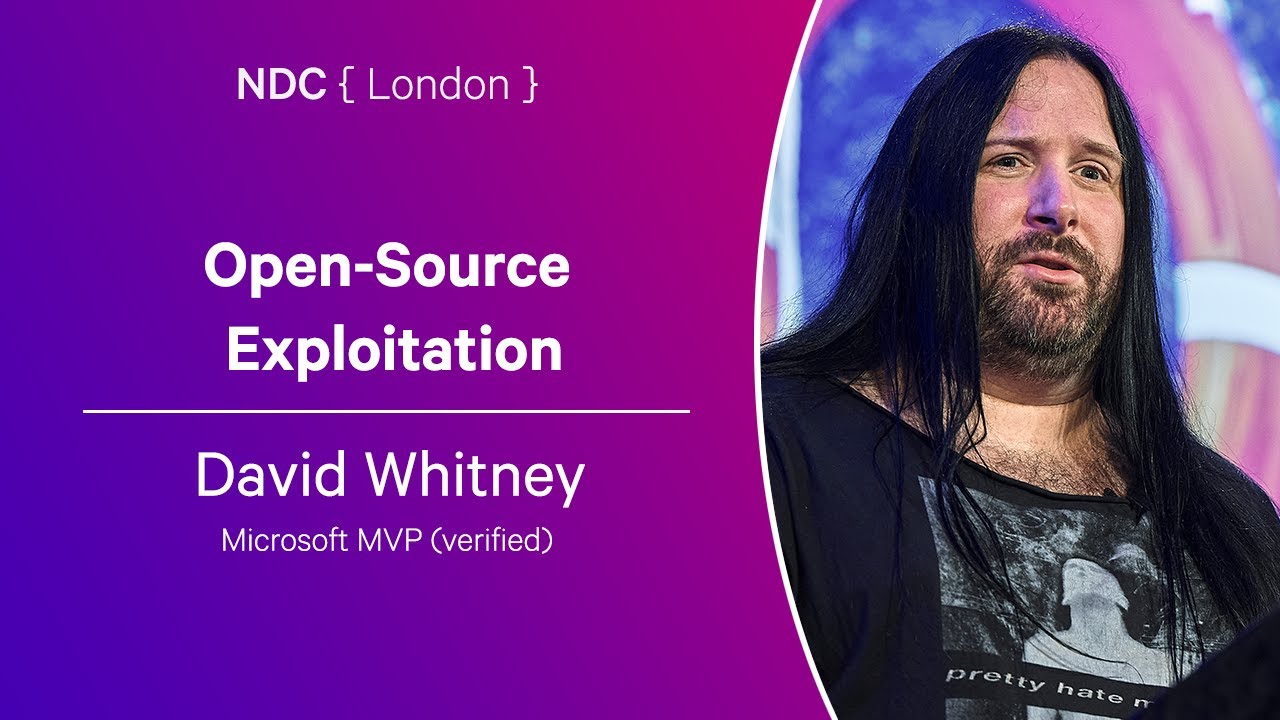For anyone interested in learning more about bloom filters, this is a technical but extremely accessible and easy to follow introduction to them, including some excellent interactive visualizations: https://samwho.dev/bloom-filters/
Thinker
Person interested in programming, languages, culture, and human flourishing.
- 8 Posts
- 48 Comments

 1·2 months ago
1·2 months agoMore specifically, he argued (and the recent and upcoming releases of most major frameworks agree) that rendering most content on the server with islands of client-side interactivity is the future.
That’s not necessarily a huge revelation, but the big difference from what people have been doing with PHP for decades is the level of integration and simplicity in mixing server-side and client-side code seamlessly so that a dev can choose the appropriate thing in each context and not have to go through a lot of effort when requirements change or scaling becomes an issue. I would say that this represents a new level of maturity in the “modern” web frameworks where devs can choose the right technology for every problem to serve their users best.

 2·2 months ago
2·2 months agoI think you would be pleasantly surprised by the direction web dev is moving if you gave it a chance.
For example, I suspect that you think one of the ways the web has gotten shittier is because sites are too bloated and JavaScript frameworks are too heavy and slow.
One of the key takeaways is that, across almost all frameworks and stacks, web dev is moving back to doing as much work on the server-side as possible, while retaining the minimum necessary interactivity via Islands of Interactivity with much lighter JavaScript than what was pushed for the last decade.
The major car manufacturers have literally been collaborating for the better part of a century, along with oil companies, to keep Americans dependent on cars. It’s a well-documented fact. Even long before Citizebs United made corporate bribery legal, they’ve been using the state’s power to quell protests, destroy non-car infrastructure, and outlaw use of our streets for anything except cars.
Have you tried developing a GUI app for Windows in the last 5 years? All the official first-party frameworks are either mostly deprecated (WPF, WinForms), or half-baked and despised by every developer I’ve talked to about them (MAUI).
I’ll stick with nushell for terminal-first data interactions.
I think the point is that they don’t want to have to use a full JS framework (which is what HTMX is) for this behavior.
And this is where HTMX fits in. It’s an elegant and powerful solution to the front-end/back-end split, allowing more of the control logic to operate on the back-end while dynamically loading HTML into their respective places on the front-end.
But for a tech-luddite like me, this was still a bit too much. All I really want to do is swap page fragments using something like AJAX while sticking to semantically correct HTML.
EDIT: Put another way, if you look at HTMX’s "motivation"s:
motivation
- Why should only
<a>&<form>be able to make HTTP requests? - Why should only
click&submitevents trigger them? - Why should only
GET&POSTmethods be available? - Why should you only be able to replace the entire screen?
By removing these constraints, htmx completes HTML as a hypertext
It seems the author only cares about the final bullet, and thinks the first three are reasonable/acceptable limitations.
- Why should only
If you dig the structured output of powershell, you might want to check out Nushell. It’s a cross-platform shell that builds on powershell’s structured data approach but is much less verbose and, in my opinion, more intuitive than both powershell and Posix shells.
I mean yes, but also the idea is that the user of serverless doesn’t have to configure, provision, maintain, etc. any server. You as the user just provide the code, and their platform handles running it on a server when needed.

 1·5 months ago
1·5 months agoThis misses the fact that even the experts have been using “AI” to refer to whatever technology used to seem impossible, until it becomes commonplace. Before LLMs there were heuristic algorithms, and then expert systems, and then intelligent agents and then deep learning. As the boundaries of what is deemed achievable expand, the definition of AI moves to just beyond the frontier.
That’s an interesting thing to say about this post, considering that Linus has famously backed the use of Rust in the Linux kernel.
There are several things I disagree with in this article, although I see where the author is coming from. I will never be onboard with “I’ll take my segfaults and buffer overflows.”, and I fundamentally disagree about concurrency. I also think that cargo is fantastic, and a lack of standard build tools is one thing that holds rust’s predecessors back.
However, a majority of the authors points can be boiled down to “C is more mature”, which doesn’t tell us much about the long-term viability and value of these languages. For example, in the author’s metric of stability and complexity, they use C99 as the baseline, but C99 is the state of a language that had already had almost 3 decades of development, whereas Rust has been stable for less than a decade. Talking about superior portability, stability, and even spec, implementations, and ABI is in some real sense just saying “C is older”.
That’s not to say those things aren’t valuable, but rather they aren’t immutable characteristics of either language. And given that safety is playing an ever more important role in software, especially systems software, I think Rust will catch up in all the ways that are meaningful for real projects more quickly than most of us realize. I certainly don’t think it’s going anywhere anytime soon.

 1121·5 months ago
1121·5 months agodeleted by creator

 5·7 months ago
5·7 months agoNushell is so great! I’ve been using it for a couple years. It has completely replaced my need for tools like grep, sed, awk, etc. and because it handles JSON and so many other data formats natively I rarely even need to think about parsing.
If I had to guess the motivation, it would probably be that:
- Rust is a systems language known for performance and correctness, which makes it a good candidate for their stated goal of having a competitor to encourage performance and correctness within Prettier
- Rust is popular and relatively well-known among open source developers, more so than any comparable language except maybe Go
- Rust is a hip language that probably added some free publicity to their announcement

 1·7 months ago
1·7 months agoI really like Anytype.
It’s not just a proposal, it’s already fully defined and almost completely implemented - I believe they’re just waiting on a standards update from ISO for time zone stuff.

 4·8 months ago
4·8 months agoInteresting, I thought Floatplane only hosted LTT content. Nebula has a LOT of creators spanning a very wide gamut of highly content. It has been gaining momentum steadily for several years now.
That said, I’d be happy to see them both succeed. We need more competition, having all internet video (minus NSFW and some short-form) hosted on one platform seems neither sustainable nor ideal.

 142·8 months ago
142·8 months agoOne alternative that seems promising is Nebula. It only fills a small part of the role YouTube currently occupies, since it focuses on being a platform for high quality professional content creators to make unfiltered content for their audience, but it’s funding model seems to be much more honest, stable, and so far viable than an ad-supported platform or the other alternatives. I don’t think anything could realistically replace all facets of YouTube (and I think the internet might be healthier if it were a little bit less centrally-located). A self-sustaining, straight-forwardly funded platform like Nebule seems like the best path forward to me.














I switched from Zsh to Nushell almost two years ago and I have never looked back. If you need POSIX compliance, Nushell is a no go. But it sounds like your real problem was just that Zsh was familiar whereas fish was not. Nushell strikes the perfect balance of offering the commands you’re used to but letting everything just make intuitive sense. Plus, its help command is so far above and beyond other shells. I rarely need to open the Nushell docs (even though they’re really good), and I never have to go the community (even though it’s awesome), because I can figure pretty much everything out just from interacting help within the terminal.